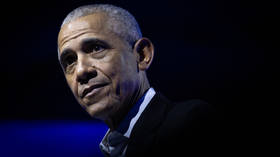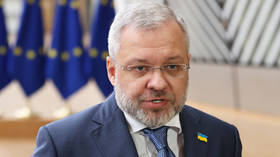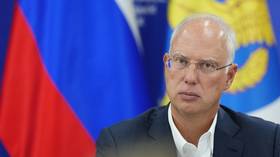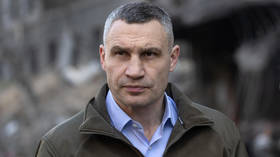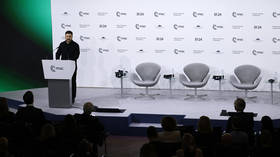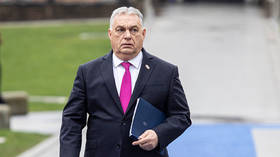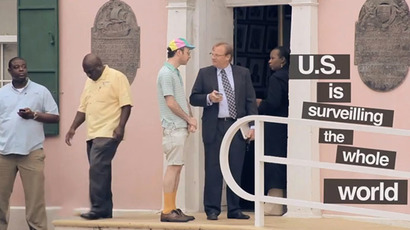'Don’t trust Wikipedia!' - Free Encyclopedia grilled on editorial flaws (VIDEO)
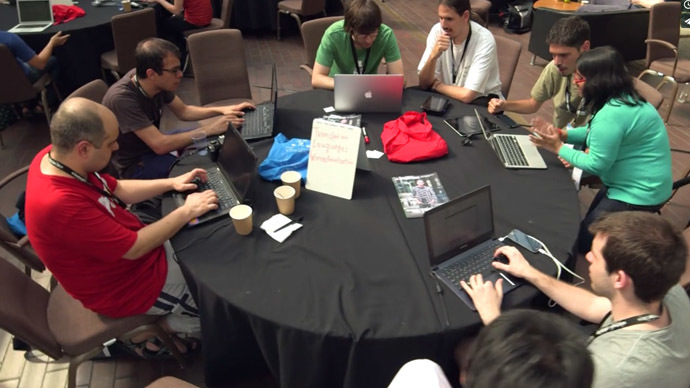
As global conflicts lurch into the second half of 2014, the nature of their online documentation is of great importance, and the Wikimedia Foundation bears great responsibility. Satirist Nimrod Kamer put their staffers to the test in a report for RT.
Kamer reports for RT from Wikimania, the annual Wikipedia
festival to probe the founders over locked pages, ‘article
vandalism’, and the deficit of emojis on Wikipedia articles
posing questions to the foundation’s chiefs and using examples
from his own page edits to illustrate the fallibility of the
online encyclopedia.
Now and then, entries get ‘locked’ because of excessive editing,
and topics such as the Israel/Gaza conflict, MH370 and even the
Ebola virus have fallen victim to such edits.
“Entries like this are locked temporarily from time to time when
there's excessive vandalism or an argument has broken out that's
become too emotional or too personal,” Jimmy Wales,
Co-founder of Wikipedia told RT.
Watch part 1 of Kamer's report:
They said that they can lock every page but there are different
trolls for every controversial page, depending on the story.
Software Engineer Amir E. Aharoni put forward the necessity for
neutrality and independent thought when using it for information.
“This is not a newspaper, this is not a propaganda site, this
is an encyclopedia; it’s supposed to be as neutral as
possible.”
However, he cautioned against using it as a source. “Don’t
trust Wikipedia!” he stated. “If you do see citations,
check the citations…make your own decisions and make your own
conclusions.”
Watch part 2 of Kamer's report:
Kamer reported his own basic edits that he has made – both typos
and content edits– surprisingly to the delight of a senior
designer. “I want to build a thing that will automatically
insert typos into the system,” said Brandon Harris.
“Just because editing a typo is the easiest and least
controversial thing that new editors can do.”
Kamer himself is no stranger to Wikipedia vandalism: In 2012 he
was locked in a battle with the Wikimedia foundation which mulled
the deletion of his page after he pursued a handful of
celebrities telling them he had changed their Wikipedia pages and
offered to switch them back for a fee in a stunt he dubbed
satirical.
He maintained his criticism of how people can be paid off by
celebrities to make Wikipedia pages more favorable to their
personas.
“To exemplify how easy it is to make money, I went to Kanye
West and other celebrities and told them I changed the Wikipedia
pages and asked for money to fix it.” Kamer said he “got
some” and “it’s a viable way to make money –
extortion.”
The festival conference ended on a lighthearted note – the
absence of emojis on standard Wikipedia pages. Kamer appeared
perplexed at their nonexistent usage across the website.
“I’m just not sure that there’s that much need for emojis. I
would caution against the use of emojis because it would just
descend into…people beginning to speak in emojis,” said one
staffer.
“Just use your emojination!” quipped Kamer.
Filming and cut by Craig Murdoch


